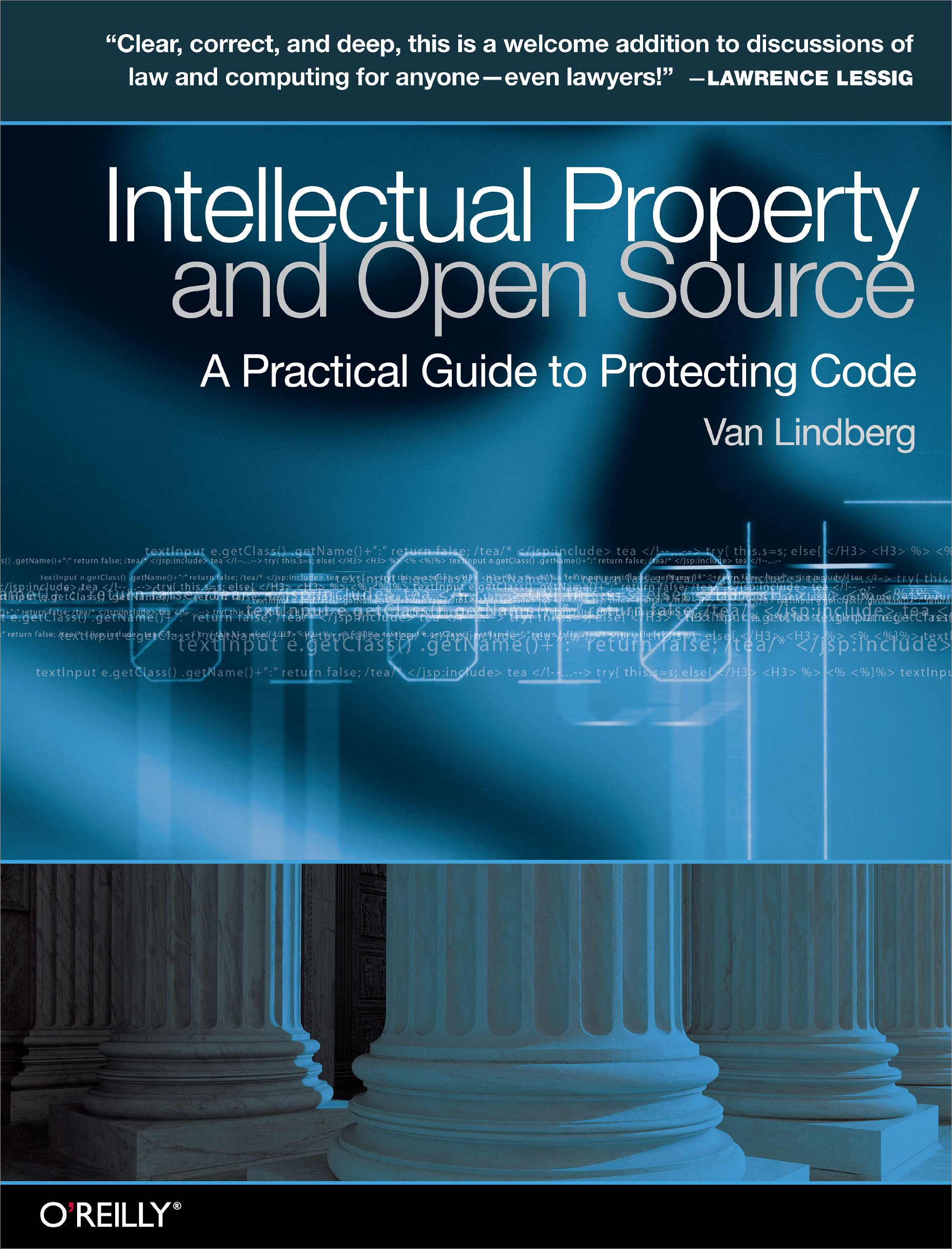Further, "employer's line of business" is very loosely defined. If you could share the technical skills between your job and the side project, you are most likely in the same line of business.
Here's a book I highly recommend: http://www.amazon.com/Intellectual-Property-Open-Source-Prot...
But if you're building something like node.js, nginx, or Lucene, choosing MIT/BSD is likely a terrible idea. Apache gives huge protections for unforeseen scenarios: automatic property rights assignment for contributions, poison-pill–like protections against patent suits, &c.
I highly recommend this book on Proprietary Information and Open Source: http://www.amazon.com/Intellectual-Property-Open-Source-Prot...
--
Aside — Sean, I took your CS101 class in '07. Crazy running into you randomly here ;)
http://www.amazon.com/Intellectual-Property-Open-Source-Prot...
While this has "open source" in the title, it's still an excellent book related to this topic.
Another good thing about this book is that it draws analogies between software source code and law statutes, making it very easy for software folks to understand these legal issues.


The following is much better and does talk about many corner cases. It also is written specifically for the software-development case.
http://www.amazon.com/Intellectual-Property-Open-Source-Prot...
The book is written by software developers turned lawyers, and provided me with some fresh perspectives on the nature of the law itself.